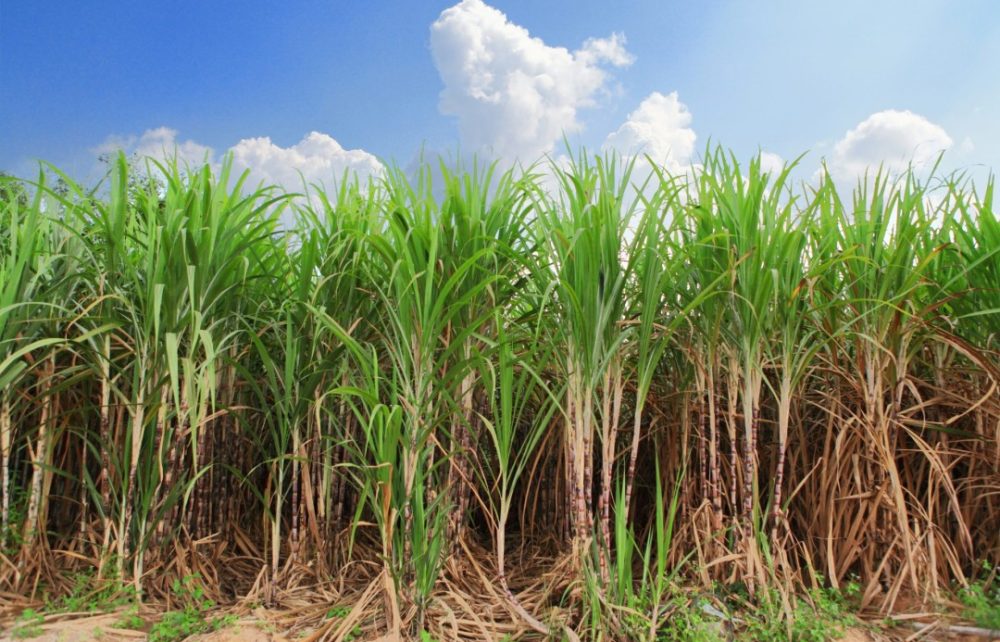Brazil’s Centro de Tecnologia Canavieira (CTC) expects its home country to accelerate the adoption of its genetically modified (GM) sugarcane after China approved imports of two varieties.
The varieties, CTC20Bt and CTC9001Bt, are resistant to stem-boring insects, a pest that causes annual losses of 5 billion reais (USD 979.05 million) for the industry. According to the company, the small fraction of GM sugarcane processed in Brazil has been directed to ethanol production for local distribution.
Silvia Yokoyama, director of regulatory and governmental affairs at CTC noted that the approval process in China is “extremely rigorous, because China is very cautious about genetically modified organisms.”
China approves imports of genetically modified sugar cane traits developed in Brazil
But she pointed out that the company was able to approve its Bt cane in less than four years, a relatively short time compared to that of other GM products cleared by China in recent days.
“The approval of this variety by China, which recognizes its safety in an important market, will accelerate its adoption,” CTC told Reuters in a statement. The firm had already obtained some authorizations for its GM sugarcane technology in other markets.
According to CTC, the adoption of GM sugarcane in Brazil had already been growing because “it provides control over the sugarcane borer in an efficient and sustainable way.”
CTC previously said the planted area for the GM sugarcane in Brazil has nearly doubled in the 2022/23 season, to 70,000 hectares, but still represents a small share of the total sugarcane fields in the country, which add up to about 8.3 million hectares (20.5 million acres).
“We had a significant increase in the planted area… only a small fraction has been processed so far,” said Silvia Yokoyama.




